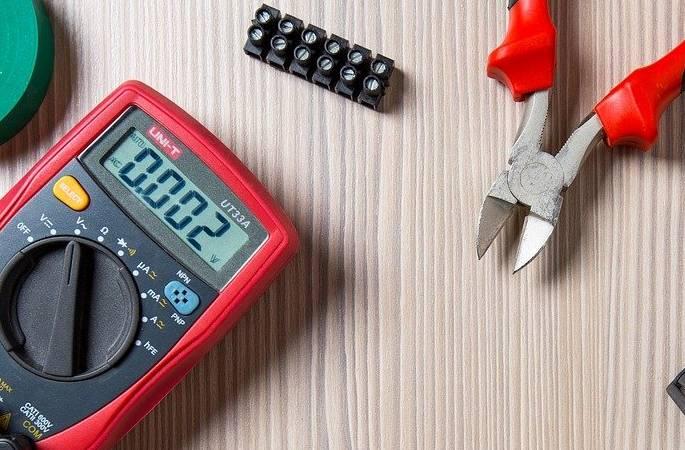Employers and Universities: Work with us?

How to become an electrician
If you are a hands-on person who likes to understand how things work, you could have a fulfilling career as an electrician.
'If you are someone who hates the idea of being stuck at a desk all day, becoming an electrician could be the perfect career'
What is an electrician?
Generally speaking, an electrician is someone who installs, tests and maintains electrical wiring in properties, businesses, construction sites, and pretty much anywhere else they are needed. There is a lot of demand for electricians because these days, most of our lives are powered by electricity or some sort of electrical appliance.
If you’re someone who hates the idea of being sat at a desk all day, then the good news is that being an electrician involves the exact opposite. As an electrician, you can expect to be out and about on a regular basis, travelling to different jobs, meaning that no day will ever be the same.

What does an electrician do?
An electrician’s duties will vary depending the job, but some typical tasks can include:
- Designing and installing electrical systems
- Conducting testing to make sure wiring is safe
- Updating dangerous or out of date systems
- Fixing faulty wiring or components in electrical items
How much does an electrician earn?
When you are just starting out, you can typically expect to earn around £18,000 per year, with this increasing to around £35,000 as you gain more experience.
How do I become an electrician?
You don’t need a degree to become an electrician, but you do need specific qualifications before you can start working in the industry. There are two main routes in, which are through either:
An electrical installation course
An electrical installation course is completed at college, and is designed to give you some of the core skills needed to enter the industry. There is a level 2 and a level 3 diploma available. Having this course on your CV can help you to find an entry-level position at a company.
Entry requirements:
- Level 2 - Two or more GCSEs at grades 9 to 3 (A* to D)
- Level 3 - Four or five GCSEs at grades 9 to 4 (A* to C)

An apprenticeship
The other option is to complete an apprenticeship. An apprenticeship can be a great option as you will be earning money as you learn. To find an electrical apprenticeship, we’d recommend doing some research on companies in your area to see if an apprenticeship is advertised online. Even if not, it’s still worth getting in contact to see if they would consider taking you on.
Entry requirements:
Typically, you will need:
- For a level 2 apprenticeship - English and maths GCSEs at grade 4+ (C+) (if you don’t have these, don’t worry, you may be able to get them on your apprenticeship)
- For a level 3 apprenticeship - 5 GCSEs at grades 9 to 4 (A* to C), or equivalent, including English and maths
Other useful skills and qualities
- Attention to detail
- Problem-solving
- Ability to use your initiative
- Communication and customer service skills
Interested in doing an electrical apprenticeship? Get clued up with this guide.
